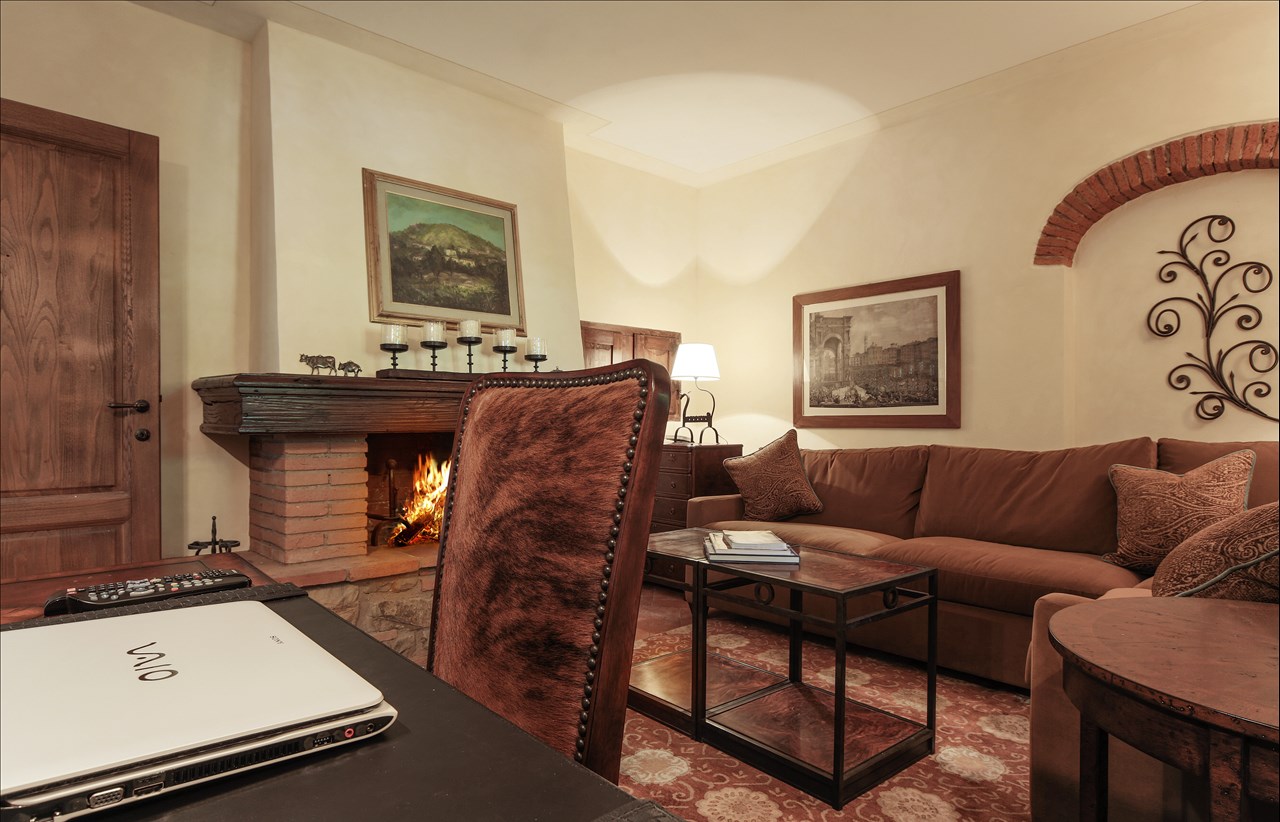What is a township, and should i care? Well if you have an interest in local politics you may. In New Jersey there are five types of municipality in the state—boroughs (250), cities (52), towns (15), townships (245), and villages (4).
What is a Township?
A township is a popular form of government in NJ. With 245 in the state, as a whole, they are home to 50% of the state’s population. In New Jersey, a township is akin to a city, borough, town or village. In other states, a township may have smaller municipalities within it. Typically, the residents within the township elect 3 to 5 partisan people to serve as the governing committee. That committee in turn chooses one of the group to act as mayor for a one year term. Unlike in other municipalities, the mayor is largely a figurehead and holds many of the same responsibilities as the other committee members. In the early eighties, many municipalities in New Jersey changed to a township to take advantage of funding assistance offered by the the federal government.
What is a Borough?
Sometimes also called a ‘boro’, this is the most common form of partisan government in New Jersey. A borough is governed by an elected mayor who serves a four year term. There are six council members who serve three year staggered terms. In a borough, the mayor has no voting power except to break ties. What the mayor can do is veto laws.
What is a City?
As of 1987, a city is a form of partisan government in New Jersey with an elected mayor who serves a four year term. There is a council of seven members. Six of those members are elected from districts within the city. These people serve staggered three year terms. One council member is not tied to a district, this person serves a four year term. While the mayor has the power of veto, he or she does not get to vote on laws except to break a tie.
What is a Town?
A township and town are not the same thing! A town elects a partisan mayor and council for a four year term. The mayor is the chairman of the council and head of the town government. There are eight counsel members serving two year staggered terms in addition to two council men or women from each district within the town. These elected individuals serve for staggered two-year terms. The ‘powers’ of the mayor include voting on proposed laws and the ability to veto laws. The council can override a veto with a vote of two-thirds of all council members.
What is a Village?
Though there are still 4 villages in New Jersey, they no longer act as a village government. Before the Village Act of 1989, a village functioned like a board of trustees. With members acting in board positions with a President and Treasurer. Members were elected in three-year staggered terms. These municipalities now function more like townships.



